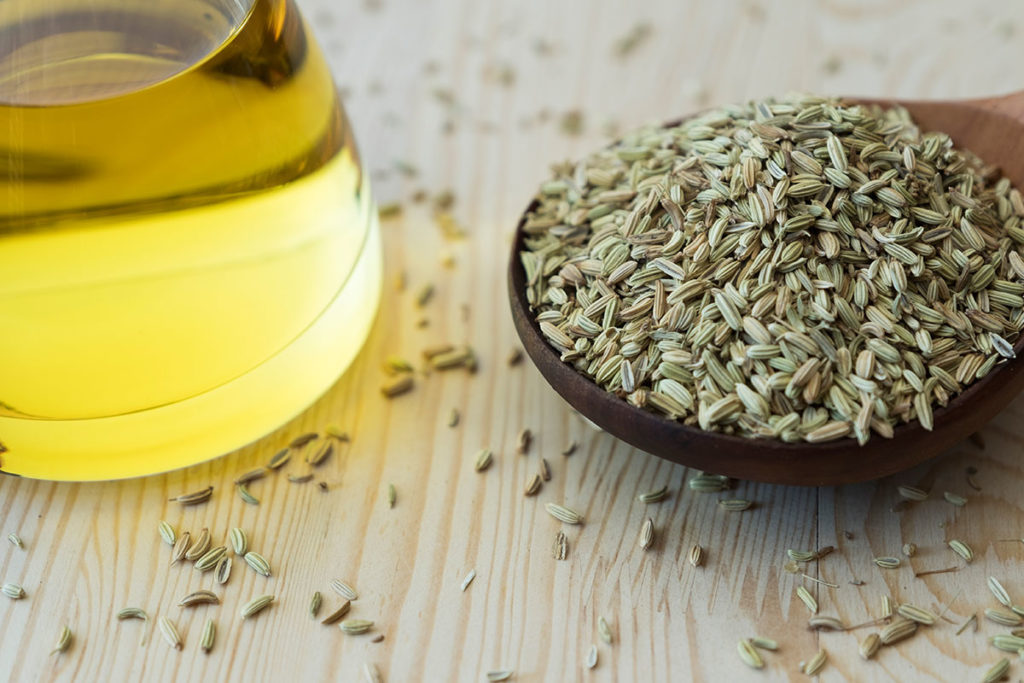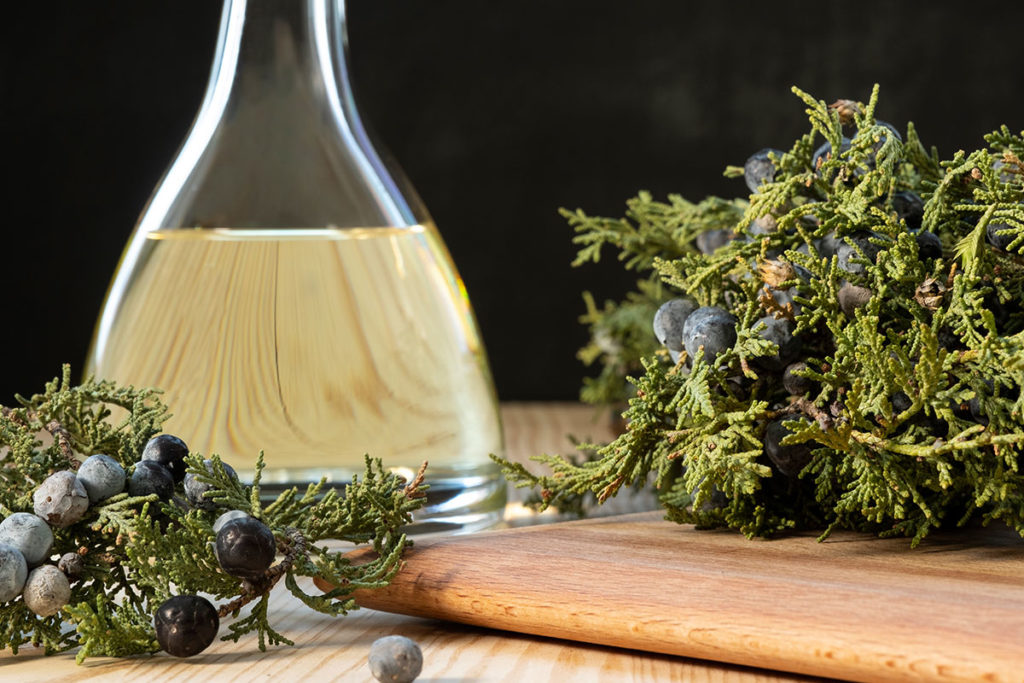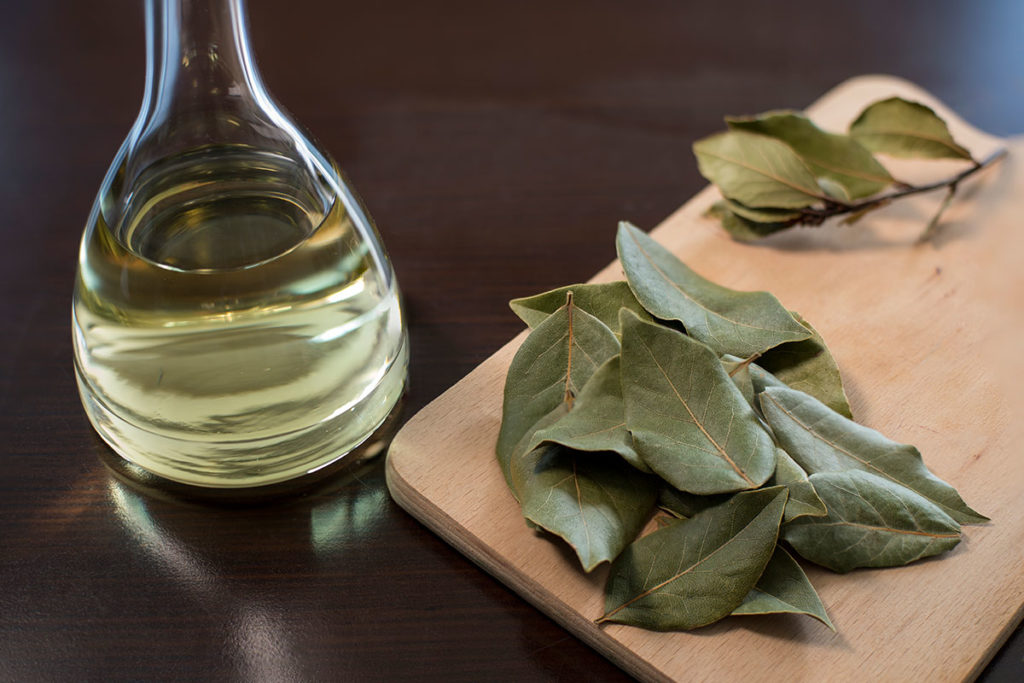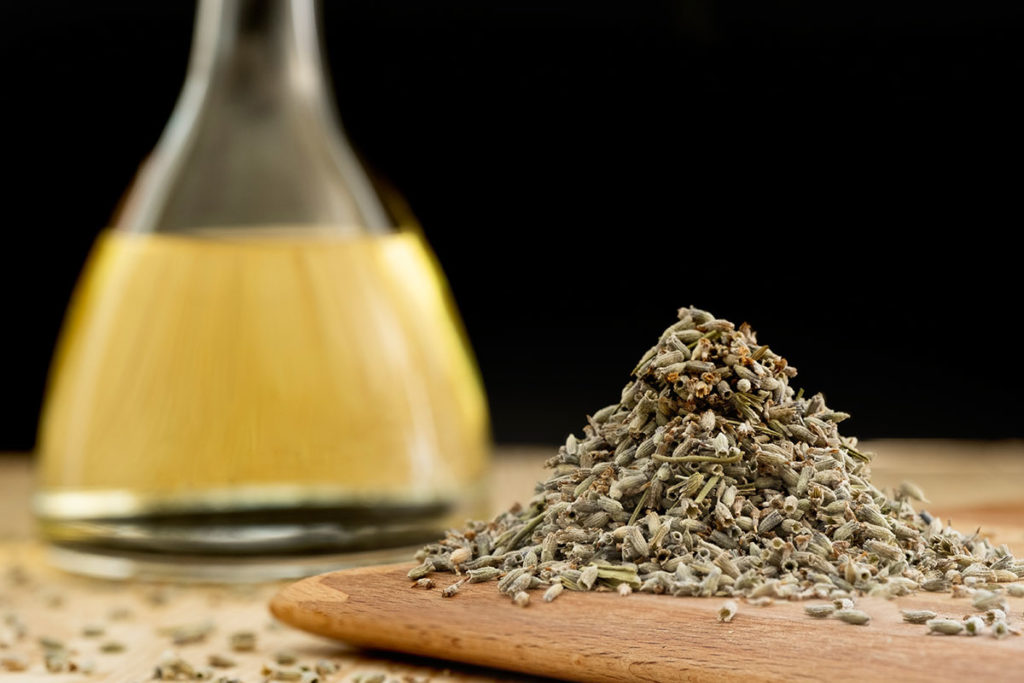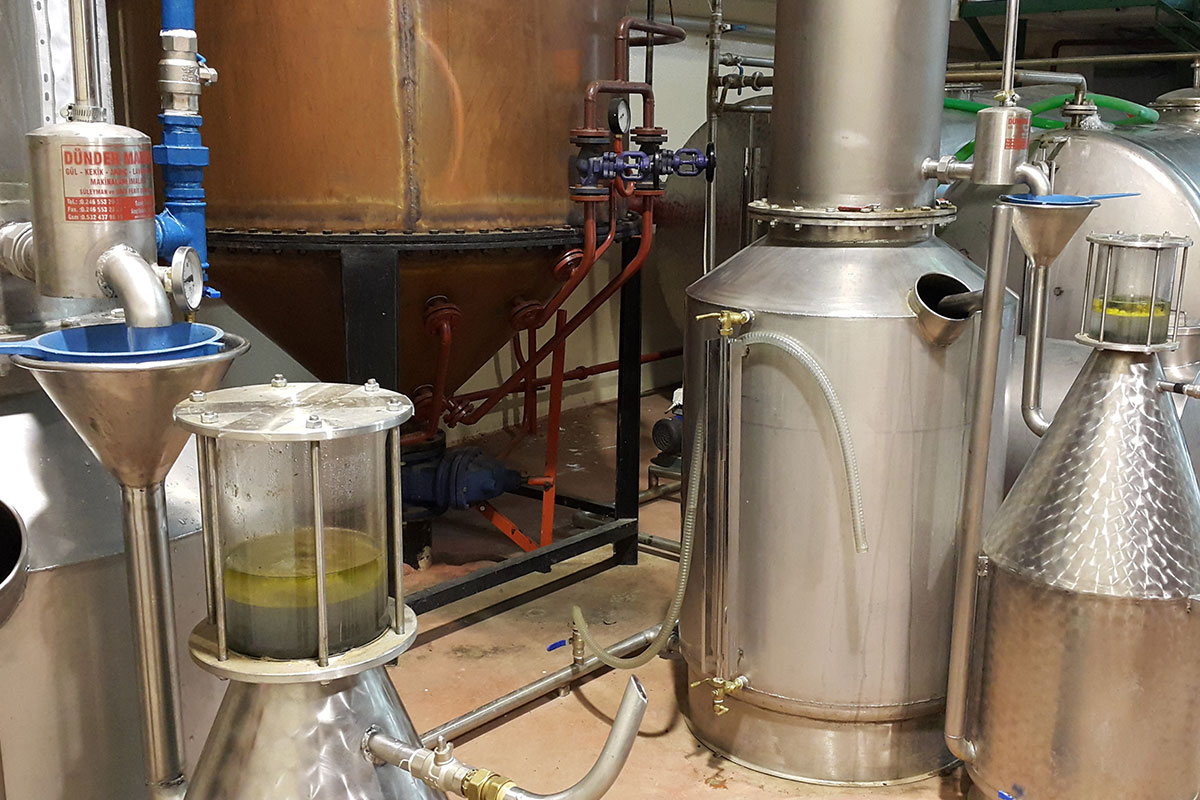7 Powerful Insights into Essential Oils from Turkey’s Rich Soil
Introduction
Essential oils have become increasingly popular across global markets as people seek closer connections with nature and aroma-rich experiences. Extracted from a wide range of botanicals, these highly aromatic oils represent the essence of plants, capturing their scent, character, and complexity. While many countries are known for their essential oil production, Turkey has quietly established itself as a leader, offering a diverse and aromatic collection of essential oils that reflect its rich natural heritage.
This article presents seven powerful insights into essential oils and highlights Turkey’s role as a vital growing and distilling region, blending centuries-old traditions with modern practices.
1. A Crossroads of Aroma and Culture
Turkey’s unique position between Europe and Asia gives it access to a wide variety of climates and ecosystems. This geographic advantage supports a broad spectrum of aromatic plants—ranging from lavender and oregano in the highlands to rose and myrtle in more temperate regions.
Cultural traditions around plant use and distillation also run deep in Turkey. Essential oils are often produced using inherited techniques passed down through generations, contributing to an artisanal and localized approach.
2. Diversity of Native and Cultivated Plants
The richness of Turkey’s flora plays a major role in its essential oil industry. From the rose fields of Isparta to the thyme-covered hills of Denizli, Turkey is home to numerous aromatic plants that thrive in wild or semi-wild conditions.
Producers often work closely with local harvesters and farmers, who gather these plants at peak aromatic maturity. This ensures that the essential oils produced carry the true scent profile of their growing regions, with high olfactory value.
3. Traditional Steam Distillation Methods
Most essential oils in Turkey are produced using steam distillation, a method that involves passing steam through plant material to release and capture aromatic molecules. Small-batch distillation units are common in rural areas, especially in mountainous regions where plants are harvested close to the distillery.
This method not only preserves the natural character of the plant but also reflects the careful, hands-on craftsmanship typical of Turkish essential oil producers.
4. Seasonal and Sustainable Harvesting Practices
The timing of the harvest is crucial in essential oil production. Turkish growers typically harvest plants like lavender, oregano, and rosemary during specific windows that yield the most aromatic content. This seasonal knowledge is based on both traditional observations and practical experience.
In many regions, sustainable harvesting is emphasized. Some communities allow wild plants to regenerate between seasons, ensuring that local biodiversity remains intact.
5. Local Cooperatives and Family-Owned Distilleries
The production of essential oils in Turkey is often handled by family-run farms and cooperatives that focus on quality, transparency, and environmental respect. These producers prioritize traceability and local sourcing, which helps maintain the connection between the plant, the land, and the final product.
Local ownership also fosters pride in the final product, with many producers taking extra care to ensure that the oils reflect the values and culture of their regions.
6. Regional Signatures in Scent Profiles
Essential oils produced in Turkey are known for their distinct regional profiles. For instance, oregano oils from low elevations tend to have a more robust and earthy character, while lavender grown in the highlands has a soft, floral quality.
These regional signatures make Turkish essential oils particularly valuable for perfumers and formulators looking for aromatic depth and complexity.
7. Growing Global Recognition
While Turkey has long produced essential oils for domestic use and export, global appreciation is increasing. Artisanal producers and natural brands are seeking out Turkish oils for their authenticity, aromatic strength, and origin story.
As demand for natural ingredients rises, Turkey continues to scale production while maintaining its traditional techniques and commitment to quality growing conditions.
Conclusion
Essential oils are more than just fragrant extracts—they are the distilled story of a region, its people, and its plants. Turkey’s essential oil industry stands out for its geographic diversity, rich cultural background, and hands-on approach to cultivation and distillation. Whether sourced from wild mountain herbs or hand-picked roses, Turkish essential oils reflect the land they come from with unmatched authenticity and character.
From lavender fields to oregano slopes and rose valleys, Turkey offers a deep well of aromatic excellence that continues to attract the attention of global artisans, perfumers, and natural product creators.



